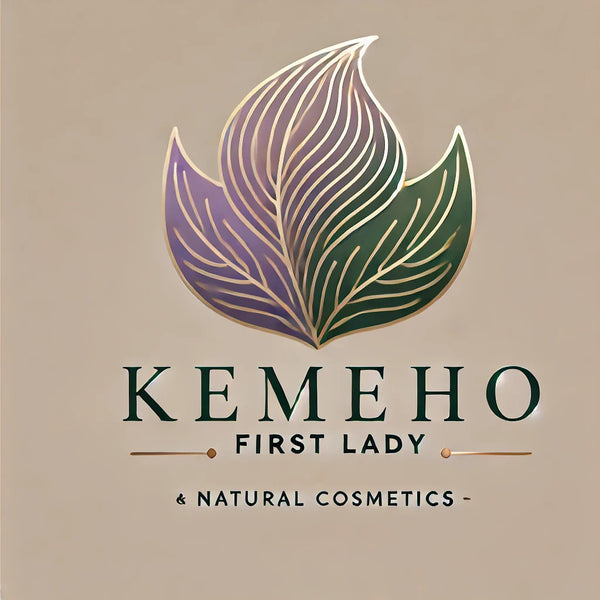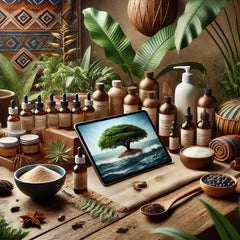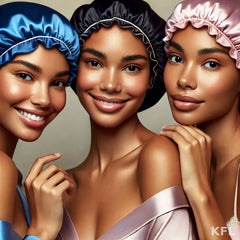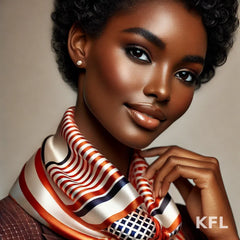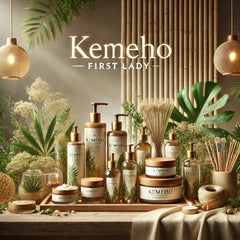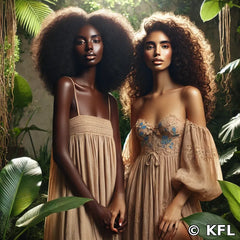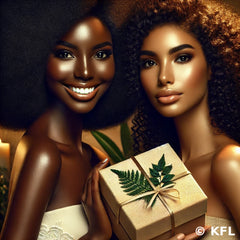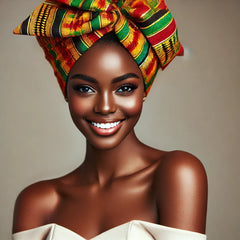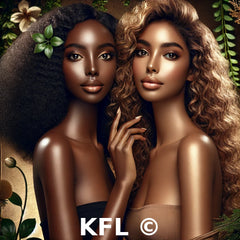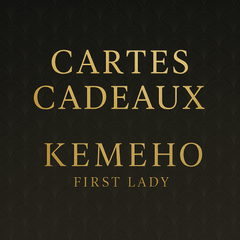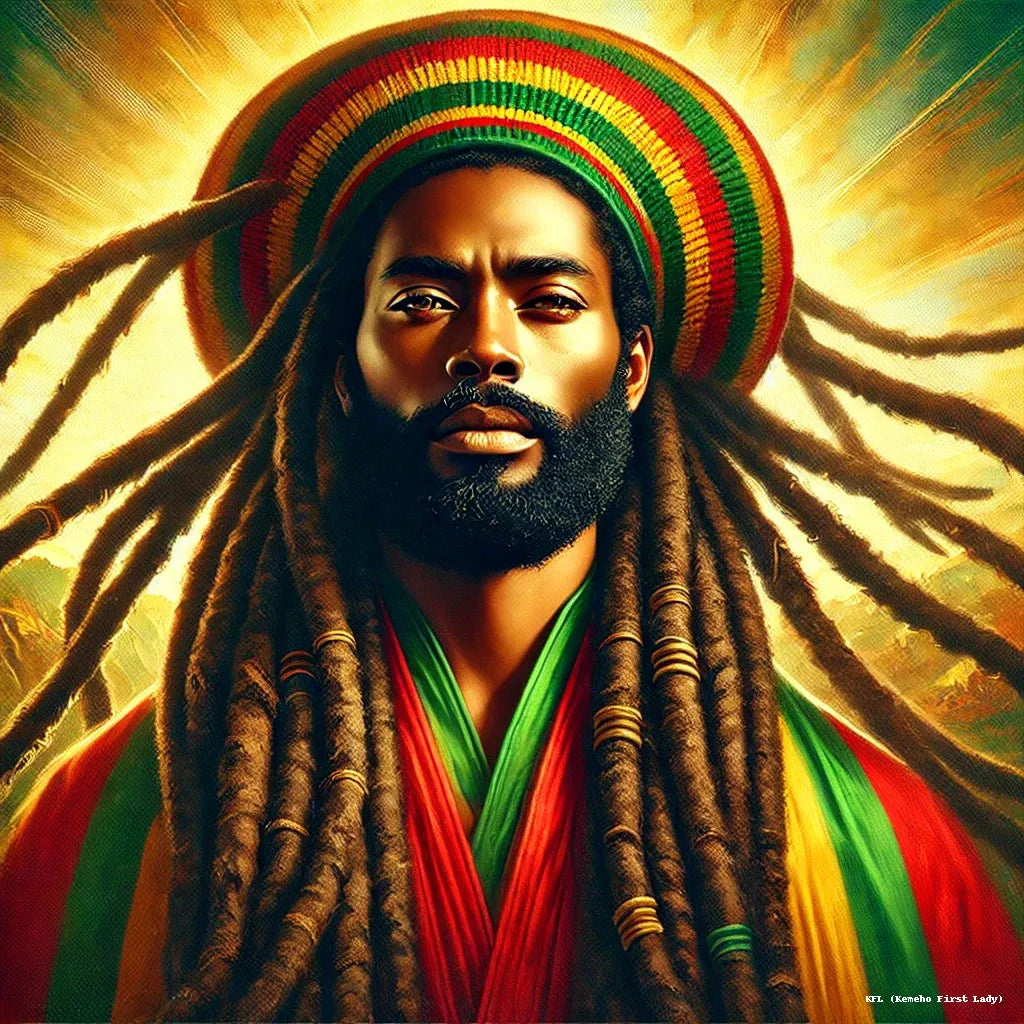
African cultural resistance through fashion and beauty
Share Label
Africa has always been a continent rich in traditions and artistic expressions, particularly through fashion and beauty. Despite centuries of colonization and the imposition of Eurocentric standards, Africans have preserved and reinvented their cultural identities. Today, African fashion and aesthetics are not only markers of identity but also powerful forms of cultural resistance.
- African Fashion: A Statement of Rebellion and Affirmation
👗 Wax and Bogolan Fabrics: These vibrant textiles, steeped in symbolism, have long been used to convey political and cultural messages.
👗 Boubous, Pagnes, and Dashikis: Worn with pride, these traditional garments are a response to the standardization imposed by colonization.
👗 African Designers on the Global Stage: Designers like Alphadi, Imane Ayissi, and Lisa Folawiyo incorporate traditional fabrics into haute couture.
- African Hairstyles: From Oppression to Resilience
💇🏾♀️ Braids and Afros: Once banned in colonial institutions, these hairstyles are now symbols of resistance and pride.
💇🏾♀️ Locs and Bantu Knots: Worn by civil rights leaders, these styles evoke African heritage and ancestral connections.

- Makeup and Skincare Inspired by African Traditions
💄 Natural pigments and kohl: Used since ancient times by civilizations like Pharaonic Egypt.
💄 Skincare based on shea butter and plant oils: Ancestral secrets to nourish and enhance the skin.
💄 Henna and scarification: Testaments to rites of passage and communal belonging.
- Cultural Reappropriation in Pop Culture
🎥 African celebrities and influencers: From Lupita Nyong’o to Tiwa Savage, these figures are redefining beauty standards.
🎥 Cinema and fashion as tools of expression: Films like Black Panther and events like the African Fashion Festival promote African aesthetics.
🎥 Social media and the empowerment of African creators: Platforms like Instagram, TikTok, and YouTube have become showcases for African talent.
- Toward a New Definition of Beauty Standards
🌍 Acceptance of all skin tones: Moving away from the glorification of lighter skin toward celebrating the diversity of darker tones.
🌍 African fashion as an economic and cultural force: A burgeoning industry driven by a generation proud of its heritage.
🌍 The impact of the Afrocentric movement: Inspiring future generations to embrace their cultural identity without compromise.
Conclusion
Through fashion, hairstyles, and beauty rituals, Africa continues to resist and reclaim its history. Today, that resistance is more vibrant than ever, with every braid, pattern, and fabric telling a story of resilience and cultural pride.
How do you express your African heritage through your style? Share your answer in the comments!
